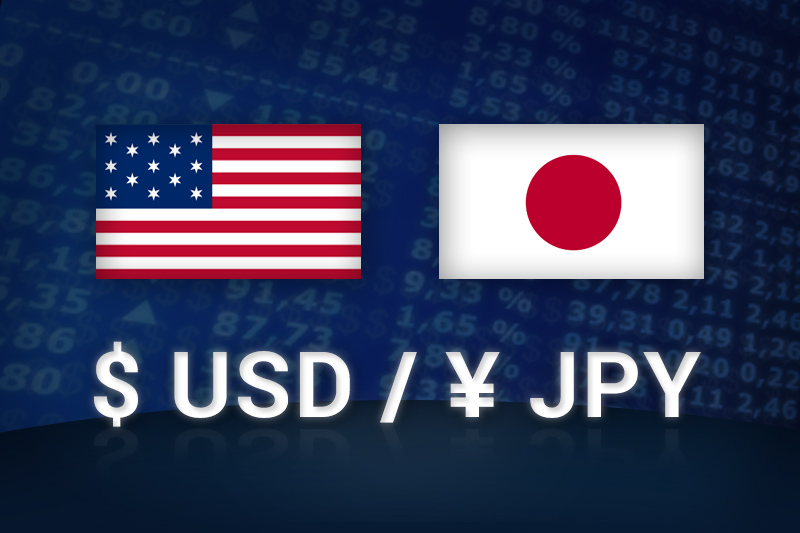Investing.com- The dollar was slightly higher against the Japanese yen in Monday’s Asian session, building on gains accrued over the last few week.
In Asian trading Monday, USD/JPY was higher by 0.07% at 85.95. USD/JPY hit 86.63 on Friday, the pair’s highest since August 3, 2010; the pair subsequently consolidated at 85.88 by close of trade, 1.93% higher for the week.
The pair is likely to find support at 85.21, Wednesday’s low and resistance at 86.63, Friday’s high and a 28-month high.
The Japanese currency is cascading toward a 2012 performance that will be its worst yearly run in seven years and one that will make the yen the worst-performing of the major global currencies this year.
Elsewhere, EUR/JPY gained 0.08% to 113.67 while AUD/JPY climbed 0.31% to 89.36.
The yen had been under heavy pressure against its major rivals prior to Japan’s elections two weeks ago and that pressure has intensified with Shinzo Abe’s victory as the country’s newest prime minister. Abe has taken a sharp tone in his rhetoric regarding inflation and monetary easing aimed suppressing the yen.
Abe has put the Bank of Japan on warning that the central bank needs to get inline with his views on easing and inflation or risk losing its independence. In media interviews today, BoJ Governor Masaaki Shirakawa sounded a conciliatory tone, saying he wants to see greater cooperation between the government and the central bank.
BoJ may have not choice but to comply with Abe’s easing and inflation demands because recent Japanese economic data supports more aggressive easing and a higher inflation target.
Official data released Friday showed that Japan’s industrial output fell by 1.7% in November, worse-than-expectations for a 0.5% decline. A separate report showed that consumer prices fell 0.1% in November from a year earlier.
